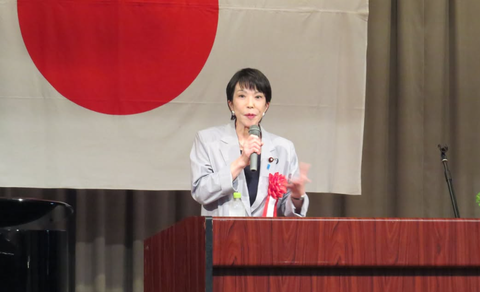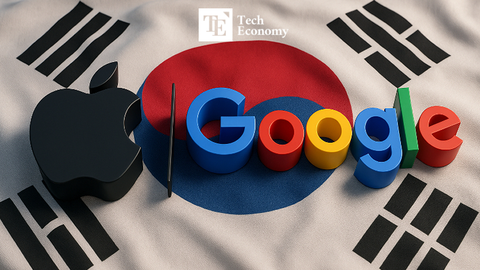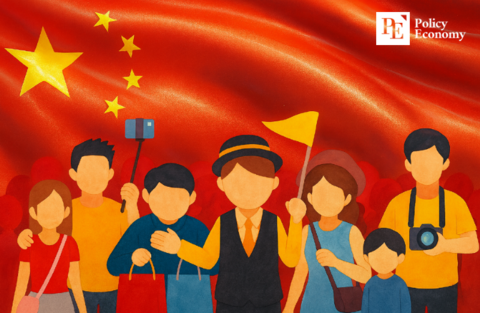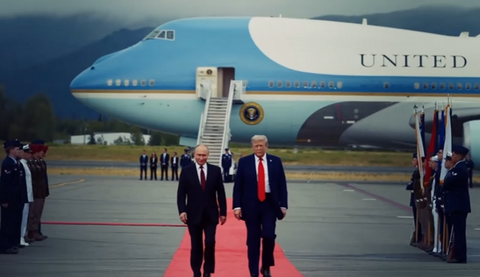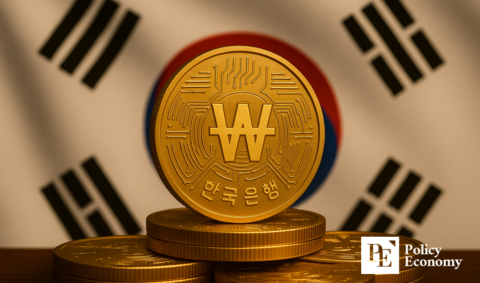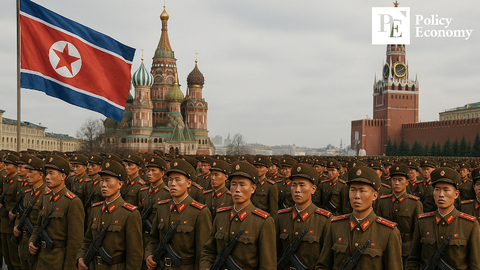"Apple losing ground in China?" iPhone sales plummet amid surge in Chinese patriotic consumerism
Input
Changed
"Xiaomi takes the top spot with a strong fanbase Huawei, OPPO, and Vivo also make big gains iPhone sales keep dropping sharply"
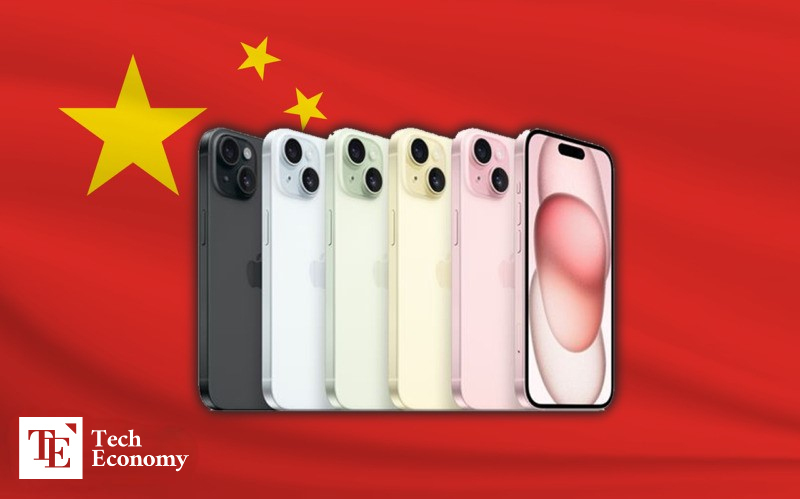
Foreign smartphone brands such as Apple are quickly losing their foothold in the Chinese market. This shift is largely due to the rise of “guochao” (国潮)—a patriotic consumerism trend—that gained momentum following the tariff war initiated by former U.S. President Donald Trump.
Apple’s Shipments Plunge in China
On May 12 (local time), the China Academy of Information and Communications Technology (CAICT), under the Ministry of Industry and Information Technology, announced that shipments of foreign-branded smartphones in March totaled 1.887 million units. This represents a sharp 49.6% decline compared to the 3.747 million units shipped during the same month last year.
Although CAICT did not disclose shipment figures by individual brands, industry experts point to Apple’s significant decline as a major contributing factor. While iPhones had previously enjoyed strong popularity in China, their market share has recently been steadily falling. According to market research firm IDC, Apple was the only major brand to post a shipment decline in the first quarter of this year, despite overall growth in the Chinese smartphone market.
A key factor behind Apple’s decline is the surge of domestic Chinese brands. Local smartphone makers such as OPPO, Vivo, Xiaomi, and Huawei have been rapidly gaining market share by leveraging their technological capabilities and price competitiveness. In Q1, Apple’s iPhone shipments in China were just 9.8 million units, while Xiaomi shipped 13.3 million units—a 40% year-on-year increase. Huawei grew by 10%, OPPO by 3.3%, and Vivo by 2.3%. Huawei’s release of high-end models with its self-developed advanced chips at the end of last year has intensified competition in the premium smartphone segment, directly challenging Apple.
Patriotic Consumerism Fuels Xiaomi Boom
The growing trend of patriotic consumption has also contributed to Apple’s decline. The Chinese government is promoting the use of domestic brands, particularly in sensitive sectors, and an increasing number of state-owned enterprises and public institutions are restricting the use of foreign electronic devices. Analysts suggest this trend is about more than just price—it’s a cultural and political movement that disadvantages foreign brands.
In fact, Apple’s market share in China began to decline in the second half of last year. Among younger Chinese consumers, a clear preference for domestic products is emerging. A boycott of Apple products is gaining traction across the country, with hashtags like "Ban Apple Products" appearing billions of times on Chinese social media platforms such as Weibo and Douyin. Many netizens are actively participating in the boycott.
The rapid growth of China’s electric vehicle (EV) market is also fueling patriotic consumption. Companies like Xiaomi and Huawei are not only developing smartphones but are also entering the EV and home appliance sectors, using their own operating systems across all platforms.
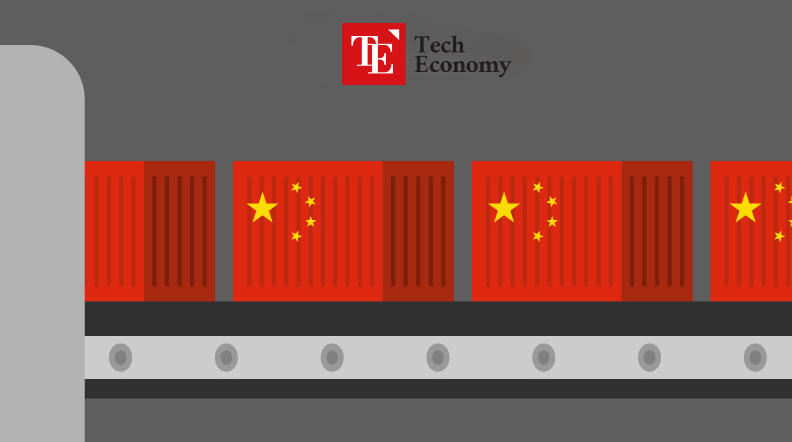
After Hollywood, U.S. Travel and Study Face Restrictions
Meanwhile, the Chinese government is also ramping up restrictions on travel and study abroad in the United States. Both the Ministry of Education and the Ministry of Culture and Tourism have recently issued official notices advising citizens to reconsider studying in or traveling to the U.S., citing safety concerns and risk factors.
On April 14, the Ministry of Education issued a statement urging prospective students to carefully consider the risks associated with studying in the U.S. and to raise awareness around safety and preparedness. The Ministry of Culture and Tourism followed by advising Chinese tourists to thoroughly assess the risks of visiting the U.S. due to worsening China–U.S. economic relations and public safety concerns in America. Given the centralized nature of the Chinese government, such guidance from ministries under the State Council effectively acts as a soft ban on studying or traveling to the U.S.
Previously, in retaliation for the Trump administration’s imposition of up to 125% tariffs, the Chinese government also reduced imports of U.S. Hollywood films. China, the world’s second-largest film market and a key export destination for Hollywood, is now turning away from American films. This move is expected to severely impact major studios like Disney, Warner Bros., and Paramount. Instead, China plans to diversify its film import market by increasing imports from other countries.

